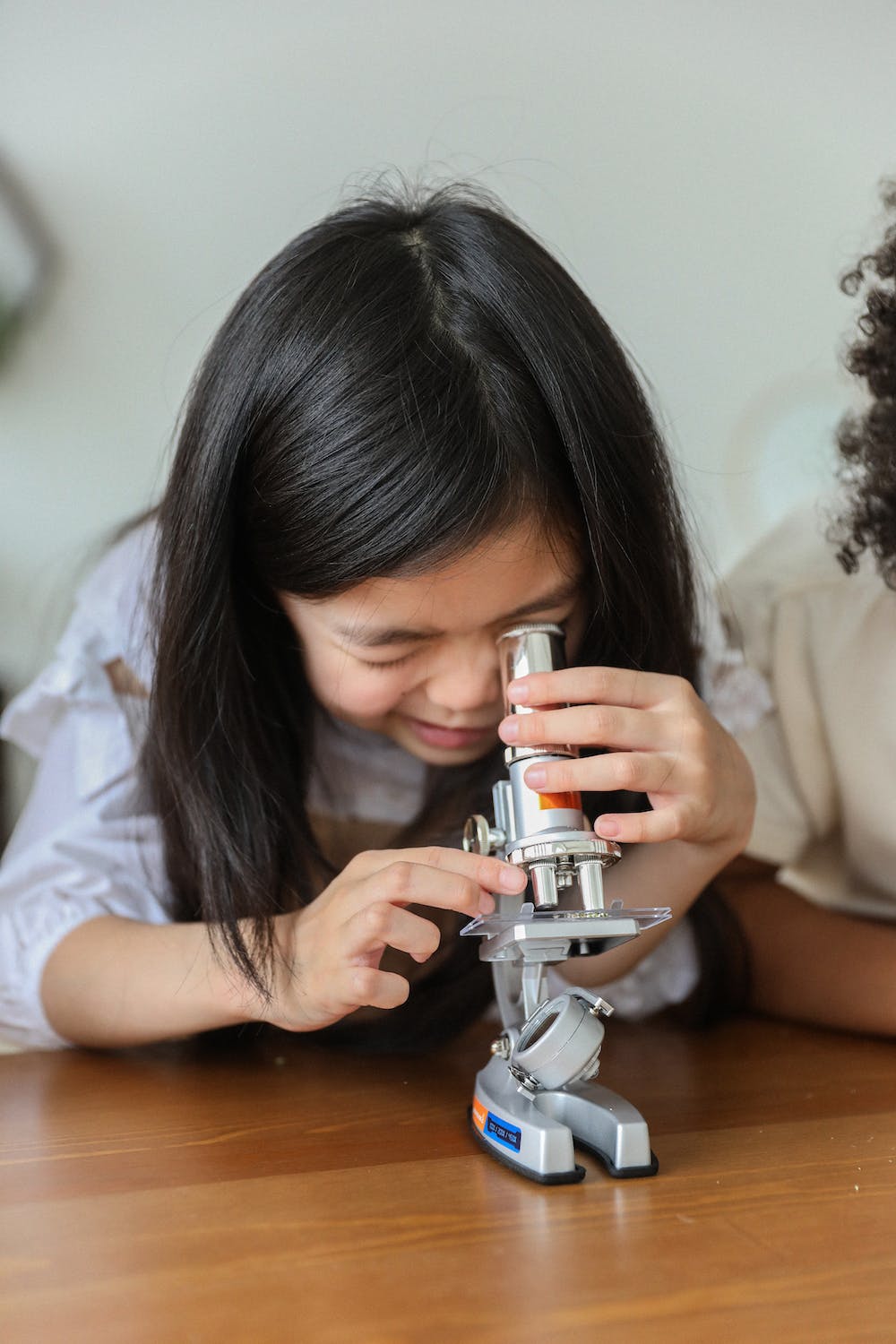Are We Missing the Mark? Startling Research Reveals How Your Child’s Early Care Impacts Their STEM Journey
Are We Missing the Mark? Startling Research Reveals How Your Child’s Early Care Impacts Their STEM Journey
Imagine the power of planting seeds for your child’s future success from their earliest days. Startling research from the American Psychological Association shows that the way we nurture our children during their early years could be the key to unlocking their brilliance in science, technology, engineering, and maths (STEM). It’s time to question the status quo and embark on a transformative parenting journey.
In a world teeming with parenting advice, this study breaks through the noise with a revelation that promises to reshape the way we think about child care. The nurturing environment you provide in your child’s early years isn’t just about their immediate well-being; it could lay the foundation for their future excellence in STEM fields.

Unlocking Future Brilliance: The Secret Link Between Early Child Care and STEM Success
Picture this: your baby’s first steps, their early attempts at speech – these seemingly simple moments could have a profound impact on their journey in STEM. The study, led by Dr Andres S. Bustamante from the University of California Irvine, delved into the intricate connection between early child care and later success in STEM fields.
The results are nothing short of astonishing: the quality of care your child receives as a baby, toddler, and preschooler can shape their path in STEM throughout high school and beyond. But here’s the real kicker: this link is even stronger for children from low-income backgrounds.
From Cradle to Calculus: The Science Behind the Success
The journey from early childhood to STEM triumph might seem like a long shot, but the science is crystal clear. Dr Bustamante and his team pored over data from nearly 1,000 families, tracking children from birth to high school. What they discovered was a game-changer.
Two factors emerged as pivotal: caregiver sensitivity-responsivity and cognitive stimulation. In simpler terms, the warmth and emotional connection your child experiences during their formative years can have a lasting impact on their STEM achievements.
But the revelations didn’t stop there – these aspects of early care were found to be equally significant, even more so for children from low-income families.
From Babbling to Brilliance: How Quality Child Care Sets the Stage for Your Child’s Future in Science and Math
So, it’s time to challenge the norms and question the practices that have become second nature. Are we giving our children the right kind of early care? Are we fostering emotional bonds and cognitive stimulation that could potentially pave the way for a future in STEM?
The impact of early care on STEM success isn’t just an idea; it’s a reality backed by science. As Dr Bustamante notes, “Our results suggest that caregiving quality in early childhood can build a strong foundation for a trajectory of STEM success.”
Investing in quality child care isn’t just about today; it’s about shaping tomorrow’s innovators, creators, and problem-solvers.
Unleash the STEM Stars of Tomorrow: The Power Lies in Your Hands
Parenting is a journey that starts with the first smile, the first word, and the first steps. But now, it’s also about embracing a holistic approach that lays the groundwork for a future in STEM. Are you ready to revolutionise your parenting approach? Are you willing to create a nurturing environment that sparks brilliance in your child’s mind?
It’s time to challenge the way we think, the way we care, and the way we parent. The future of STEM brilliance begins with you. It’s a journey that’s not just about today but about the legacy you’re crafting for generations to come. Are you ready to be the catalyst for tomorrow’s STEM stars?
For more great articles and events see the Parent Newsroom.
Leave a Reply